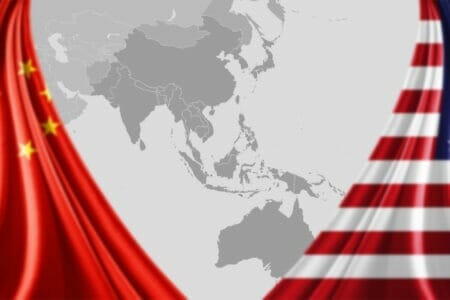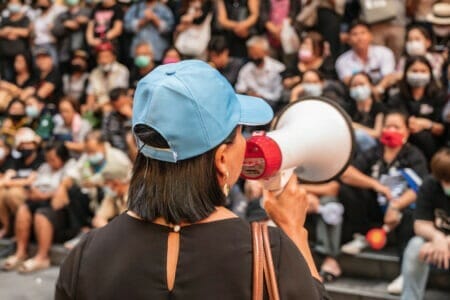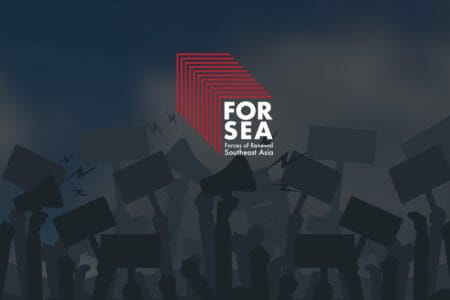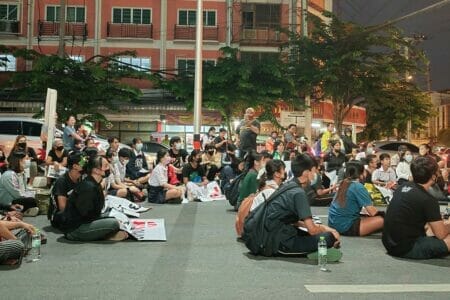Month: November 2020

Beyond Trump: A Political Economy of American Power in the Asia-Pacific
Private corporations and public institutions in the US have pursued fairly consistent policy-level linkages with Asian-Pacific nations that seek to preserve American geostrategic dominance in this highly important area. Institutional power thus limits the impact of political change.

Renowned Thai Scholar and Veteran Dissident of 1976 Democratic Uprising Speaks to FORSEA
Against the backdrop of the current framing of protests as “unprecedented” in the way they publicly and frontally criticise the Thai monarchy and the monarch himself, Thongchai reminds us that it was only 2 or 3 generations ago that the public in the kingdom were able to openly talk about the monarchy, critically or not.

FORSEA Dialogue on Democratic Movements across Southeast Asia
Thongchai Winichakul, one of the world's best known scholars on Thailand and Southeast Asia and a prominent student leader from the 1976 Democratic Uprisings at Thammasat University in Bangkok will offer a historical overview of Thai people's struggles for democracy and freedom.

How Biden’s victory affects US policy on China in Southeast Asia and benefits the region
A future focus on international co-operation and the possible end of the trade war thus open the possibility for Southeast Asian nations to not only restore their economies but also to lessen their dependence on either China or the United States.

A Conversation: What is Happening in Thailand Now?
In this webinar, we shall discuss the Thai students’ movement history and involvement in the protests, and the merits and demerits of their three main demands. We shall also reflect on whether this phenomenon could spread to other monarchical countries around the region.

Votes have changed little in Myanmar since Suu Kyi assumed State Counsellorship 5 years ago
Myanmar’s second experiment with the parliamentary democracy is irredeemably flawed: The constitutional framework in which democratic process is located is categorically anti-democratic.

Myanmar’s Election: NLD Seems to Win Sizable Victory
If the NLD does win by an even larger margin than in 2015, and the military-aligned Union Solidarity and Development Party (USDP) does worse—the NLD would potentially have the opportunity to follow through on promised reforms that would reduce the power of the armed forces, the dominant institution in Myanmar.

Thongchai Winichakul and the Chronopolitics of Memory in Contemporary Thailand
At first glance, the Thai monarchy’s deceptions, manipulations, and silence appear far less fragile than the good silences recounted in Thongchai’s text. Crudely put, monarchic silence is motivated by self-preservation. It continues to deploy an extensive panoply of coercive and cultural power to protect its privileges, albeit to declining effect.

